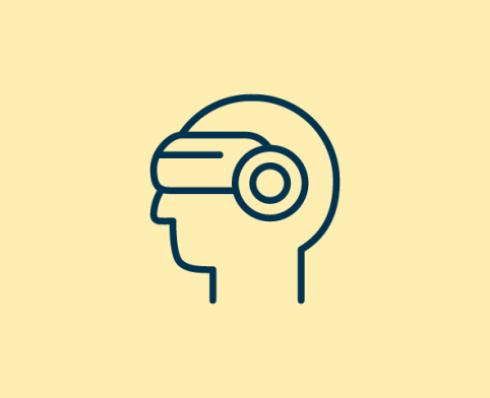
DCU Centre for Possibility Studies
Research
The DCU Centre for Possibility Studies focuses on two axes of research, the second one split into five sub-themes:

Basic Research
Basic Research
Basic research into the antecedents, processes, and consequences of developing and exploring possibilities at an individual, community, and societal level. This research connects theories, methods, and findings from work done in a series of related literatures (e.g., creativity, imagination, anticipation, serendipity, futures).

Basic Research
Applied Research
Applied research into cultivating possibility thinking and creative (as well as ethical) decision-making as ways of contributing to the common good.
Six intersecting themes are of interest, with others growing out of ongoing activities:






